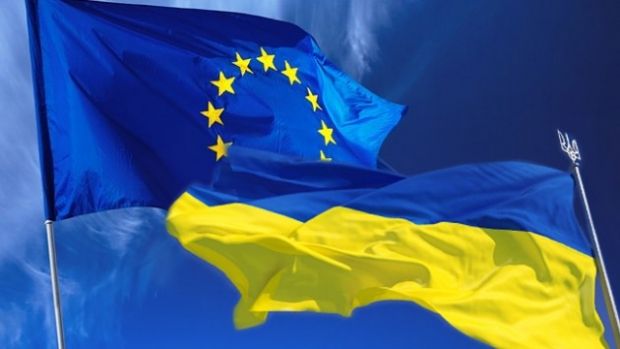
In a report from October 5 2016 titled “Keeping up appearances: How Europe is supporting Ukraine’s transformation” the EU Council on Foreign Relations examines how EU countries are supporting Ukraine’s reforms, according to Euromaidan Press.
The report divides EU countries into three categories:
Leaders – EU countries that make a significant contribution in supporting Ukraine and contribute politically to EU efforts to support Ukraine and counteract Russian aggression. The Leaders have a proactive position and are engaged in the Ukrainian reform process. Reforms in Ukraine are a priority for their foreign affairs offices. Germany, Great Britain, Sweden, Poland, Latvia, Lithuania, Estonia, Denmark, Finland, Romania, Slovakia, and Bulgaria are in this group.
Read alsoEx-NATO Secretary General Rasmussen: States most vocal in favour of lifting Russia sanctions also among those that suffered least due to these sanctionsFence-sitters are member states that either fail to contribute significantly to the EU’s efforts or fail to facilitate them. Fence-sitters are member states that have to balance their economic or political interests in the EU and vis-à-vis Ukraine with interests in other fields. These member states do not hinder the EU’s efforts, but are not always proactive in pushing them forward. The fence-sitters on Ukraine reforms are, in order, France, the Netherlands, Belgium, Czech Republic, Ireland, Hungary, Portugal, Slovenia, Spain, Croatia, Luxembourg, Malta, and Cyprus.
None of the slackers have openly sabotaged reform efforts or have rolled back sanctions, but they have attempted to confine the EU’s Ukraine policy to an absolute minimum and their stance on Ukraine is largely determined by their desire to preserve positive relations with Moscow. The slackers on Ukraine reforms are, in order, Greece, Austria, and Italy.

